Interviews, commentary and analysis given by staff and associates of the Nautilus Institute.
North Korea: Witness to Transformation, Peterson Institute for International Economics, Stephan Haggard
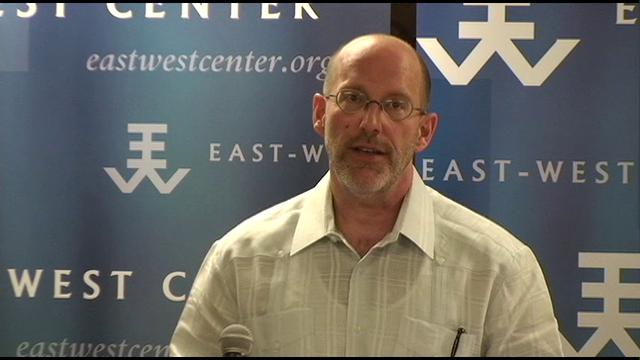
Over at Nautilus, Roger Cavazos, Peter Hayes and David von Hippel have taken apart the new Chinese sanctions list in a must-read post (the full 236-page Chinese document–“Technical bulletin #59 on prohibition of dual use exports to North Korea”–can be found here. Nautilus also provides the ability to translate it from the original Chinese using Google translate, which will give you a fairly accurate gist considering the language is mostly technical). The list—divided into nuclear, missile, chemical and biological and a “supplemental” section—shows incredible attention to detail, drawing on Chinese knowledge—or concerns—over very specific capabilities as well as product list templates generated by the IAEA and the export control regimes.
Go to the articleChina Ban on Items for Nuclear Use to North Korea May Stall Arms Bid, New York Times, Jane Perlez
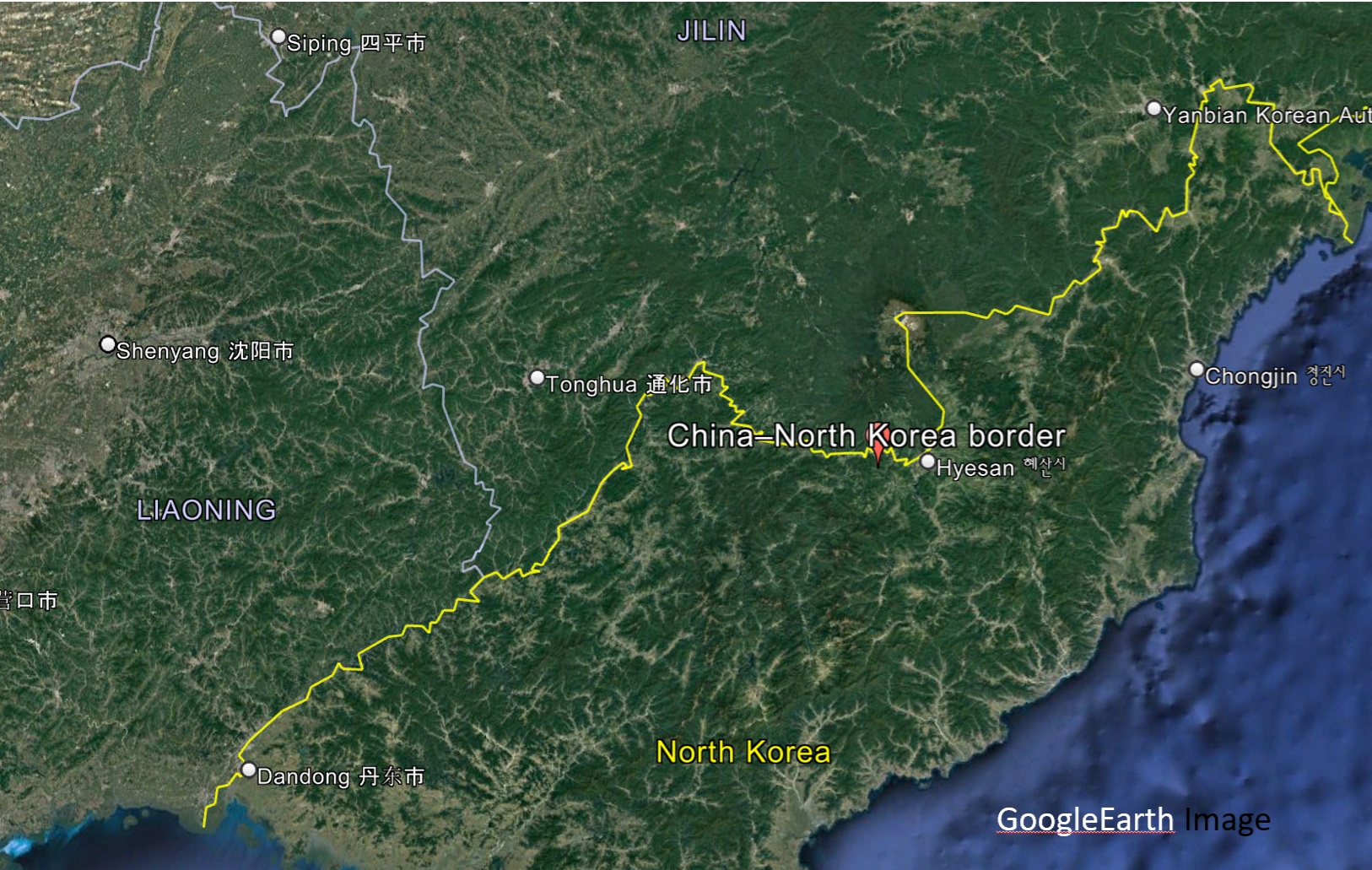
Roger Cavazos, a former United States Army intelligence officer who specialized in China’s military, said an initial reading of the long list of banned items suggested that China was targeting important aspects of North Korean nuclear programs, including the ceramics needed to protect a warhead as it re-entered the earth’s atmosphere atop a missile.
Go to the articleMonitoring and Mapping the Pacific: Raising debates on legality and privacy, Islands Business, Nic Maclellan

“When you make a phone call, send an email or use your Facebook page, information that you send across the airwaves or through the Internet can be scooped up by Western intelligence agencies. Professor Richard Tanter of the University of Melbourne, a senior research associate with the Nautilus Institute, says that the 1946 UKUSA Treaty originally focused on signals intelligence such as radio communications, but this has been expanded through the use of new technology.”
Go to the articleBeware the US military presence: academic, Herald Sun, Neda Vanovac
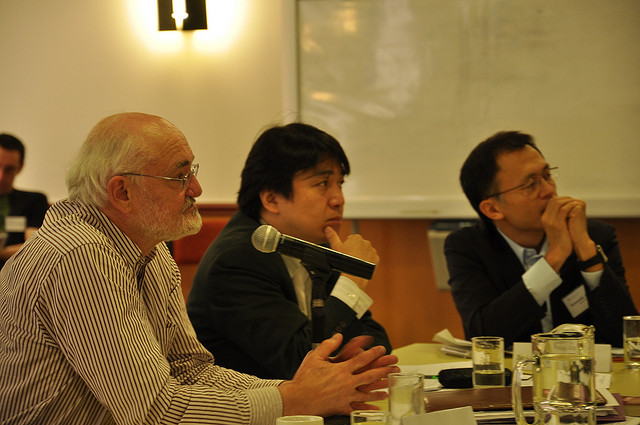
“Professor Richard Tanter, senior research associate at the Nautilus Institute for Security and Sustainability, says that going along with American military plans has become a default position for Australia and could damage relationships in the Asia-Pacific region. He was speaking at a symposium about the US military presence in northern Australia in Darwin on Friday.”
Go to the articleWill Abe victory unleash more aggressive Japan?, ABC News, Eleanor Hall

Melbourne University’s professor Richard Tanter tells us that prime minister Shinzo Abe’s decisive victory in Japan’s upper house elections raises the prospect of him moving more strongly not just on the economy but on foreign policy.
Go to the articleSome Experts See North Korean Nuclear Arms as Here to Stay, Global Security Newswire, Rachel Oswald
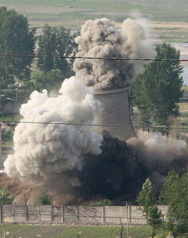
Peter Hayes, executive director of the Nautilus Institute for Security and Sustainability, in an e-mail said he sees it both ways: “We keep on saying [North Korea’s nuclear work is] not acceptable.”
On the other hand, there is an implicit recognition of Pyongyang’s strategic status “in terms of how we respond to their nuclear threat … which, de facto, recognizes that they are a nuclear-armed state, if not a nuclear weapons state, under international law,” he wrote.
The U.S. State Department did not respond by press time to a question about whether it is moving toward tacit recognition that North Korea’s nuclear weapons program is here to stay.
Go to the articleSouth Korea can get more than symbols from Beijing, Peter Hayes, Global Times
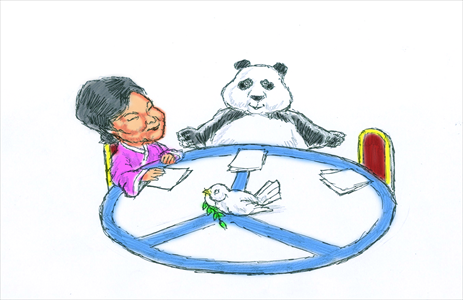
Peter Hayes writes: Whether South Korean President Park Geun-hye’s “trustpolitik” is merely a slogan or a solid policy strategy will be revealed during her visit to China starting on Thursday.
Superficially, the combined US and North Korean hard lines leave little space for Park to obtain more from China than a similar joint statement to that issued by Chinese President Xi Jinping and his US counterpart Barack Obama at their recent summit.
Although useful to Park for domestic consumption, a joint statement that a nuclear-armed North Korea is not acceptable will do nothing to resolve the fundamental nuclear problem with North Korea.
Go to the article“한국, 원전 도입 초기부터 안전불감” 外 <화상연결>, Naver News

원자력발전소 부품 비리가 잇따라 적발되고 있는 가운데 우리나라가 원전 도입 초기부터 심각한 ‘안전 불감증’에 빠졌다고 경고한 미국의 보고서가 31년 만에 공개됐습니다.
워싱턴 특파원 화상으로…
Go to the article원전 도입부터 심각한 안전불감증, Seoul News

보고서 31년만에 공개 “안전 점검·품질 관리 소홀
미국의 안보·환경·자원 분야 정책연구 민간기관인 노틸러스연구소는 11일(현지시간) 우리나라가 원전 도입 초기부터 심각한 안전불감증에 빠져 있었음을 보여 주는 ‘대한민국의 핵 발전 프로그램의 안전 측면 업데이트 리뷰’ 문건을 31년 만에 공개했다.
Go to the article노틸러스연구소 “한국, 원전 도입 초기부터 심각한 안전불감증, KyeongIn News

원자력발전소 부품 비리가 잇따라 적발되고 있는 가운데 우리나라가 원전 도입 초기부터 심각한 ‘안전 불감증’ 에 빠져 있었음을 보여 주는 대외비 보고서가 31년만에 공개됐다.
지난 11일 미국의 안보·환경·자원분야 정책연구 민간기관인 노틸러스연구소는 ‘대한민국의 핵 발전프로그램의 안전성 업데이트 리뷰’ 문건을 공개했다.
이 대외비 보고서는 미국 캘리포니아 소재 S. 레비 주식회사가 세계은행과 유엔개발기구(UNDP)의 요청으로 1982년 4월 작성한 것으로 노틸러스연구소를 통해 지난 2010년 12월 확보한 것이다.
Go to the article
